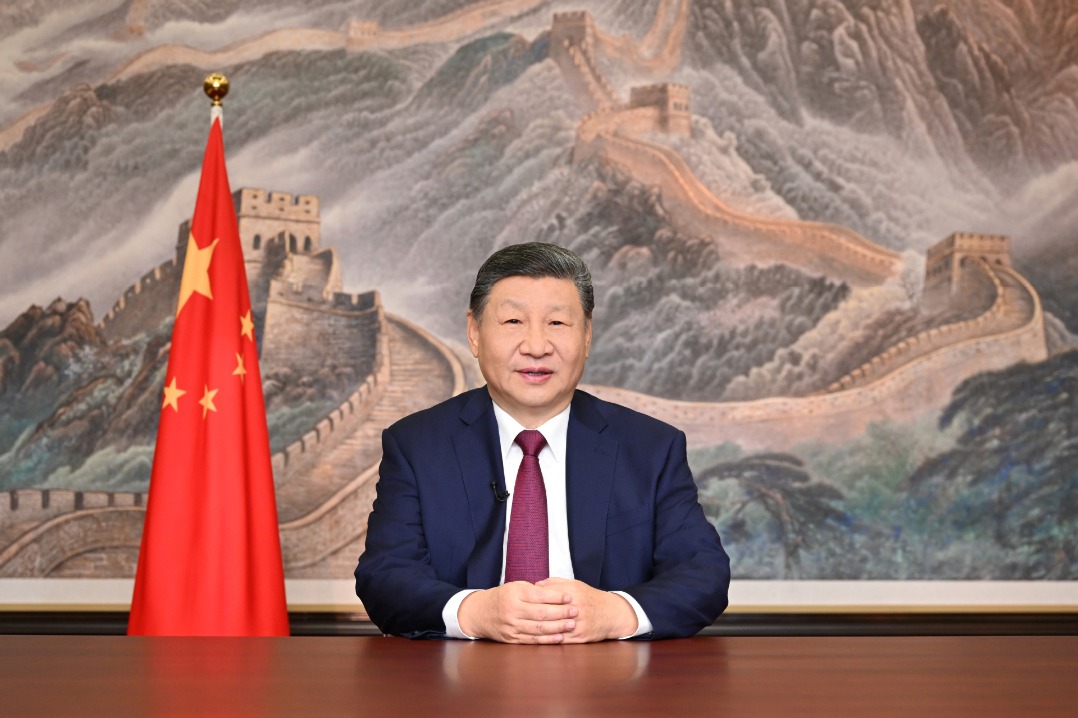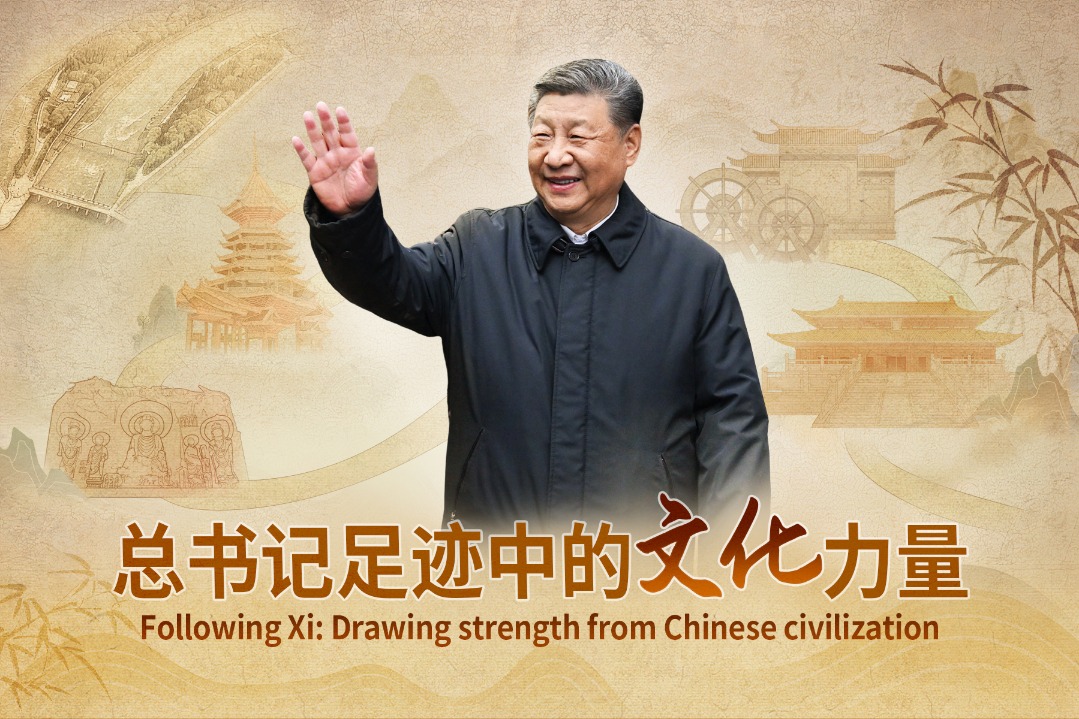Building a platform for growth

In December 2012, CABC conducted a survey of 198 member companies that had established a presence in 32 African countries. With 34,000 local employees and 6,400 Chinese workers, these enterprises have trade relations with 51 African countries and had $2.4 billion (1.8 billion euros) in sales revenue last year, or about 16 percent of their total business revenues.
These 198 Chinese companies such as the Chongqing-based automobile producer Lifan Group, Guangdong-based shoemaker HuaJian Group and power supplier Shenzhen Energy Corp so far have invested $1.1 billion in 32 African countries and have plans to invest an additional $5 billion over the next three years. Currently, 80 percent of CABC members are privately owned companies, while the rest are state-owned enterprises.
"In contrast to state-owned enterprises, whose African sales are based on contracts for huge infrastructure projects, Chinese companies from the private sector are involved in processing local products like cotton and leather into manufactured goods such as garments and shoes," Zheng says.
The changing global scenario and the lingering debt crisis in the West have prompted major economies like the US, the United Kingdom, France and Japan to shift their investment focus from traditional markets such as Europe and Asia to Africa. Africa's hunger for urbanization, commodities, job opportunities, new markets and effective economic development strategies, have all created unprecedented business opportunities for foreign investors. The African Development Bank has indicated that the continent's economic growth would remain at about 6 percent this year.

CABC and China-Africa Development Fund, which is the largest Chinese fund focusing on African investments, are considering the feasibility of establishing a fund for commercial and trade complexes, and a mining fund to assist Chinese companies' business activities in Africa this year.
"African states have good opportunities to capitalize on high international commodity prices, energetic young labor force and abundant resource reserves, as well as the opportunities from changes in the current global investment preferences to accelerate economic transformation through commodity-based industrialization and to tackle poor infrastructure foundation, high unemployment rate and poverty," Zheng says.
To further strengthen its cooperation with Africa, the Chinese government has constantly encouraged capable state-owned and private Chinese companies to invest in Africa. It has also supported the African Development Bank and the West African Development Bank by injecting funds, canceling debts and establishing joint funds for a number of manufacturing and construction projects.
Trade between China and Africa has diversified over the years and far surpassed the level when formal bilateral relations were established between the two sides. China-Africa trade volume has soared to nearly $200 billion, while Chinese investment in Africa has surpassed $17 billion.
Zheng says concentrating on resources or commodity-based industrialization is not the only way for African nations to improve their economies. In the long-term, African countries, even the states with rich natural resources should focus more on trade, innovative and non-resource based development models, he says.
"The continent could go through its own industrial transformation similar to what China underwent three decades ago and in time it will become a major goods producer, rather than only shipping raw materials to different foreign markets," he says. "During this prolonged transition, more Chinese companies will move their factories to Africa, as the continent still does not have the best technologies yet to propel its markets on a global scale."
Another benefit for Chinese companies to set up units in Africa is that many of the products they manufacture in Africa can be shipped duty-free to markets in European Union, the US, Canada and United Arab Emirates, as these countries have bilateral or multilateral duty-free agreements with a majority of African nations.
Zheng says the rapid pace of industrialization in Africa should also be sweet music for Chinese enterprises to enter the continent's growing service industry, because it is still in its infancy and Chinese companies are keen to share its resources and experiences with the continent by establishing both subsidiaries and joint ventures.
zhongnan@chinadaily.com.cn
Today's Top News
- Full text: Chinese President Xi Jinping's 2026 New Year message
- Poll findings indicate Taiwan people's 'strong dissatisfaction' with DPP authorities
- Xi emphasizes strong start for 15th Five-Year Plan period
- PLA drills a stern warning to 'Taiwan independence' separatist forces, external interference: spokesperson
- Xi, Putin exchange New Year greetings
- ROK leader's visit to help boost bilateral ties






























